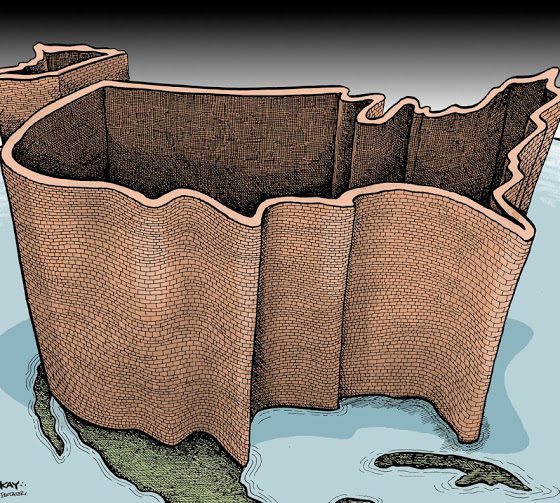On March 17, 2024, I received an email regarding the Gaza conflict from six of my former colleagues from when I served in the White House and State Department during…
read moreIf you weren’t previously paying attention to AI, I am guessing now you are. It’s hard for most people to imagine the ChatGPT bot was only released to the public…
read moreLike many sports fans around the world, I love the Olympics for what they represent: an opportunity for incredible athletes from 200-plus countries and territories to come together in a…
read moreThe people of Hong Kong have been fighting for many years to hold China to the commitments Beijing voluntary made in 1984 allowing Hong Kong a “high degree of autonomy,”…
read moreI recently finished reading James Wilson’s excellent book The Earth Shall Weep: A History of Native America with a deep sense of shame. Whether we call it genocide, genocidal, or…
read moreThe United States is facing perhaps the most dangerous moment since the 1941 Pearl Harbor attack or the 1962 Cuban Missile Crisis. This danger does not stem from terrorism, immigration,…
read moreWarning: Trying to access array offset on value of type bool in /var/www/wp-content/themes/movedo/includes/grve-blog-functions.php on line 1139
Warning: Trying to access array offset on value of type bool in /var/www/wp-content/themes/movedo/includes/grve-blog-functions.php on line 1140
Warning: Trying to access array offset on value of type bool in /var/www/wp-content/themes/movedo/includes/grve-blog-functions.php on line 1141
Sony, North Korea, and Human Rights Jamie Metzl //jamiemetzl.com/wp-content/uploads/2024/04/logo-reverse-added-height.png
Warning: Trying to access array offset on value of type bool in /var/www/wp-content/themes/movedo/includes/grve-blog-functions.php on line 1139
Warning: Trying to access array offset on value of type bool in /var/www/wp-content/themes/movedo/includes/grve-blog-functions.php on line 1140
Warning: Trying to access array offset on value of type bool in /var/www/wp-content/themes/movedo/includes/grve-blog-functions.php on line 1141
We’ll Know Xi Jinping is Serious About Cracking Down on Corruption Wen… Jamie Metzl //jamiemetzl.com/wp-content/uploads/2024/04/logo-reverse-added-height.png








